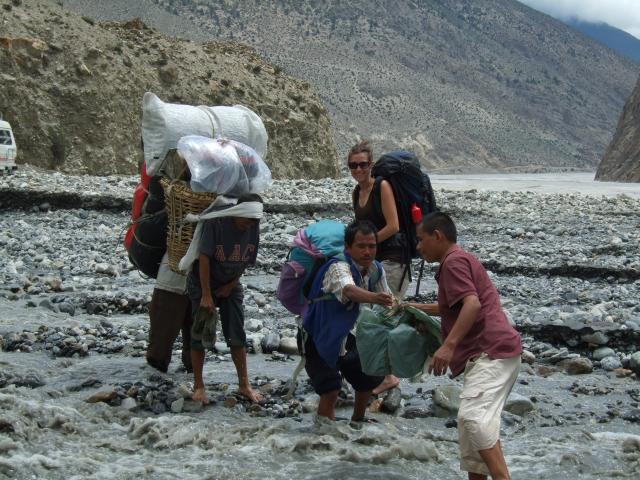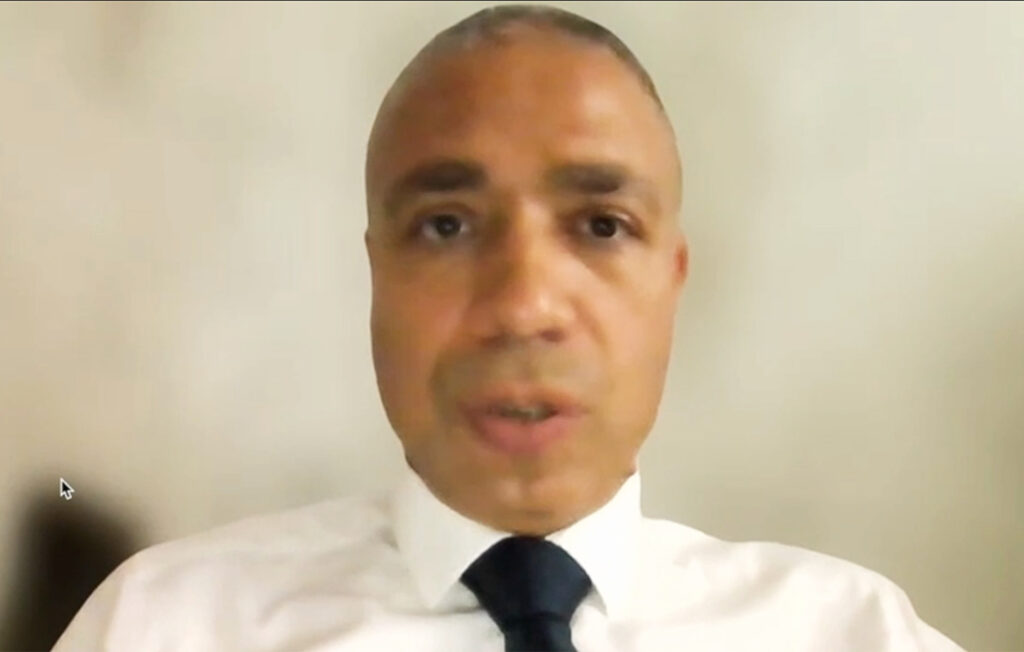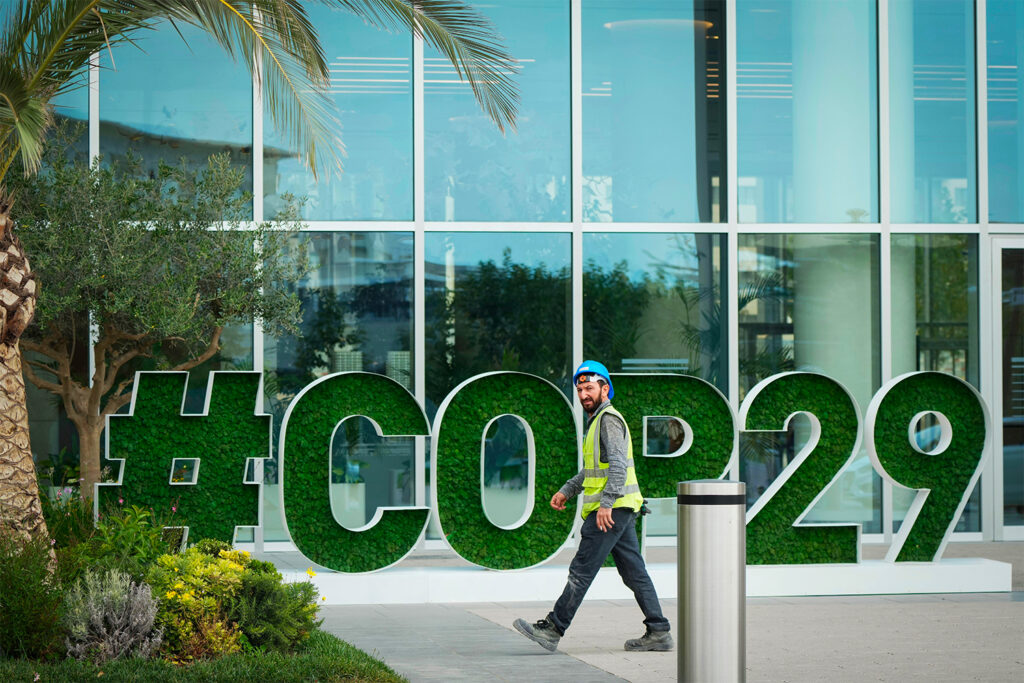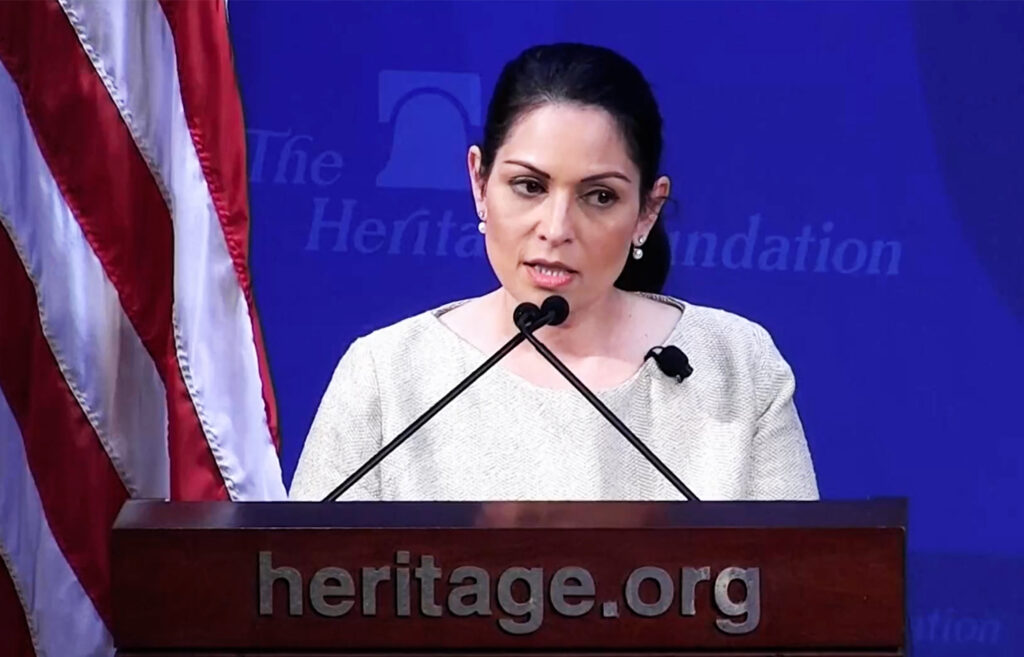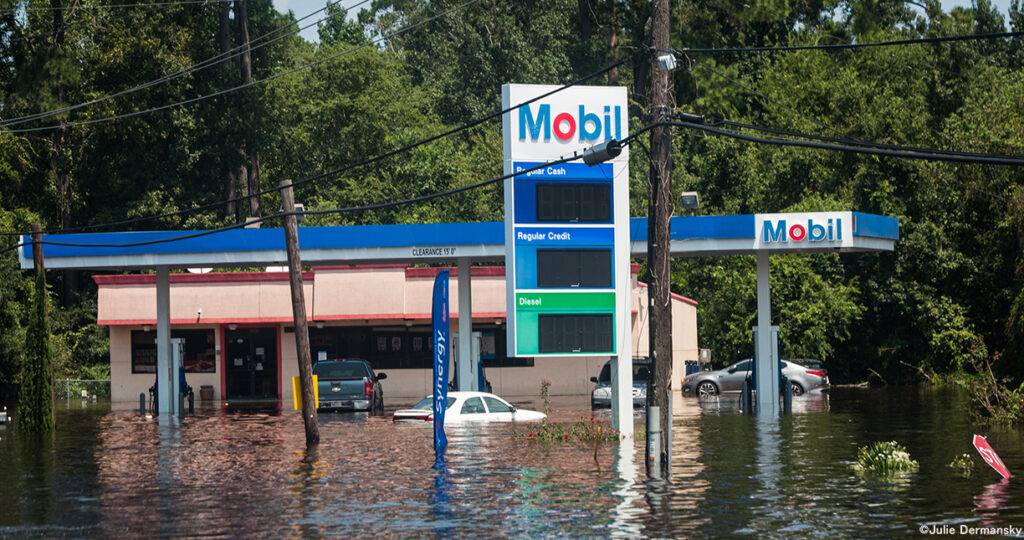It was meeting a family with a mother working through typhoid fever to serve me breakfast, lunch and dinner everyday for two weeks that finally made me realize that the way we North Americans lead our unsustainable lives can not go on without doing unforgivable damage to the world and its people.
I was in Nepal, resting after an exhausting three-week trek through the mountains – part of a long adventure I took to see the world as I had never known it mid-career.
Having spent the previous 12 years managing public relations programs for Fortune 500 technology companies like Intel, IBM and Microsoft, I had quit my job and was in the midst of a trip that included eight months motorcycling across India, two months trekking through the Himalayas and a month each in Laos, Cambodia, Thailand and Malaysia. What struck me most during the 15 months I lived out of a backpack was seeing – not just reading about or conceptualizing, but actually seeing – the devastation that is being caused by those of us who are living so far outside the boundaries of sustainability.
I didn’t go looking for this lesson.
I wasn’t searching out sweat shops or tracking down child labor markets. I was just travelling. But I kept seeing signs that things were out of whack – especially that the world’s increasingly unpredictable climate was really taking a toll.
I met poor rice farmers who were becoming poorer, their paddies ruined from a disastrously long monsoon and by a lack of experience and a shortage of the resources necessary to modify farming techniques to fit the changing weather. I ate barren-land Cambodian corn with an indescribable (and indescribably unpleasant) texture and a suspicious lack of color.
And, in that Nepali restaurant, met an entire family, from grandmother to grandchildren, living on the earthen floor of their restaurant.
This, too, was a climate-driven calamity.
A Himalayan glacier high above their homes was melting so quickly that it triggered a mudslide, a flowing river of rock and dirt that swept away nearly the whole village, killing many and leaving the rest homeless. Being in the “lucky” second group, this family had moved permanently into their very basic place of businesses – a wonderful oasis where I ate almost every meal for two weeks.
In that time, I came to know most of the family.
I admired the grandmother’s turquoise necklace – one of the few precious possessions saved from their home. I adored the children and marveled at everyone’s apparently dauntless good humor. They were the nicest people. But I was horrified when I learned that the mother had typhoid – a potentially deadly disease, especially for a family with no medicine and no money – and I was even more shocked to realize that she was still working, without, of course, the legally mandated North American-style spate of paid sick days.
My traveling companion and I did what we could to help, but I can’t stop thinking that the family’s lives were influenced more by the bad things we have all done than by the good.
You wouldn’t have read about any of this in the newspaper. You wouldn’t have seen the mudslide on the news. There’s no local angle for this story. These people live too far away and “have nothing to do with us” or our privileged inability to connect with the word “enough” or satiate our need for “more.”
My call?
Stop talking about climate change from the comforts of our temperature regulated, North American homes and offices and start doing something about it. Stop being so closed-minded as to think that our actions or indulgences don’t have consequences or that the consequences are too far away to be relevant.
Start behaving like adults and following the advice you would give your children: “Take responsibility for your actions. Own up to your mistakes. And make sure you don’t let it happen again.”
Subscribe to our newsletter
Stay up to date with DeSmog news and alerts


